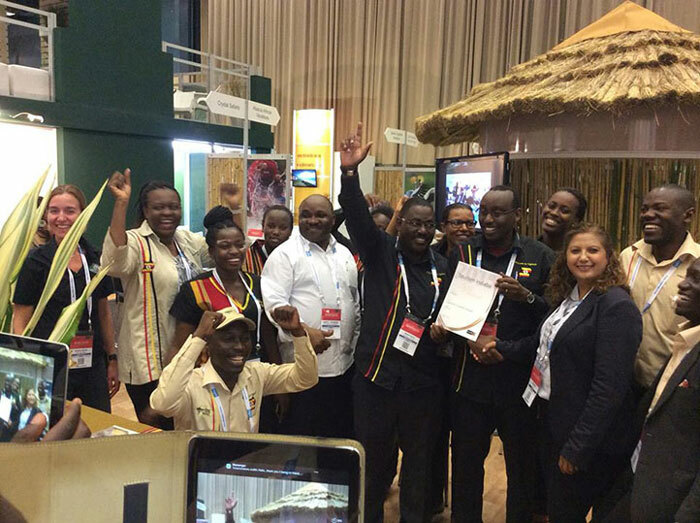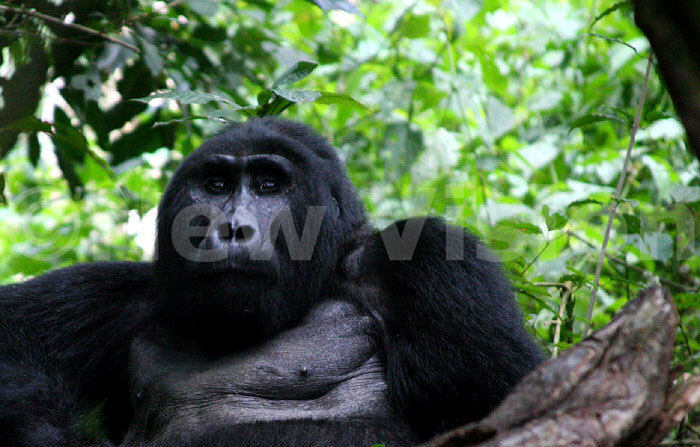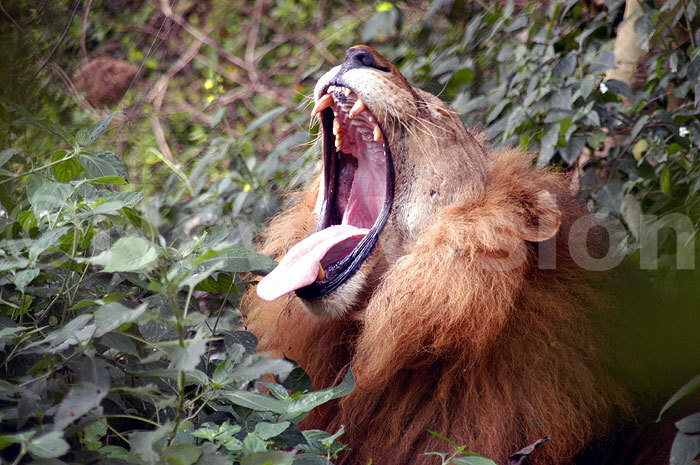Uganda to sell religious tourism at global tourism INDABA
INDABA is the third largest annual tourism expo in the world.
Unlike last year where the prime focus was given to marketing Uganda’s eco-tourism, faith-based tourism will be fronted as Uganda’s premium offering at this year’s INDABA Expo in Durban, South Africa.
INDABA is the third largest annual tourism expo in the world and the largest on the African continent.
Held annually in Durban South Africa, the show brings together typically between 8,000 and 11,000 of Africa’s tourism leaders, policy makers, global buyers and travel media under one roof with the aim of promoting tourism as a means of economic growth and transformation on the African continent.
This year’s 37th edition of the show is scheduled for May 7-9 at the Inkosi Albert Luthuli International Convention Centre in Durban.
Sthembiso Dlamini, acting CEO of South African Tourism, the organisers of the event, says over 500 buyers from around the globe are expected to attend the event.
Last year, Uganda, which was taking part for the second time in the expo’s then 35-year history, won Best African Exhibitor for its unique, original and eco-friendly design at the show (pictured below).

In 2013, tourism overtook diaspora remittances and coffee to become Uganda’s biggest foreign exchange earner at $1.4bn.
Faith-based vs eco-tourism
Stephen Asiimwe, the chief executive officer, Uganda Tourism Board, the government agency tasked with promoting tourism in Uganda to the world, said;
“The uniqueness about faith-based tourism (as opposed to eco-tourism) is that it is an emotional activity and people do not need a lot of convincing. People will go for religious pilgrimages in Israel even when bombs are falling all around.”
Ecotourism is environmentally responsible travel and visitation to relatively undisturbed areas, in order to enjoy and appreciate nature (and any accompanying cultural features both past and present) that promotes conservation and provides for socioeconomic involvement of local population.
In Uganda, it involves nature guided walks, bird watching, village/community walks, gorilla and chimp tracking and game viewing.

Asiimwe said millions of pilgrims from neighbouring and far off countries attend the Martyrs Day celebrations at Uganda Martyrs' Shrine, Namugongo, on June 3 every year. In comparison, eco-tourism still brings much less.
Uganda Martyrs are a group of 23 Anglican and 22 Catholic converts to Christianity in Buganda kingdom who were executed between January 13, 1885, and January 27, 1887 on orders of Kabaka Mwanga.
The Martyrs' Day celebrations begin with a Novena attended by all the visitors in various parts of the country especially in places where different Martyrs were either born or killed from May 25 to June 2.
Asiimwe said Pope Francis’ highly billed visit to Uganda last year cast the international spotlight on Uganda’s religious attractions such as Uganda Martyrs shrine in Munyonyo, Namugongo Martyrs Shrine and Uganda Martyrs Museum.
“We now want to tap into the market of 1.2b Catholics worldwide and bring them to experience the martyrs’ trek from the different sites from Entebbe to Namugongo,” Asiimwe said.
He said Uganda had many other religious sites all over the country like Bishop James Hannington Memorial Site in Mayuge and Archbishop Janani Luwum burial site at Muchwini in Kitgum.

Besides similar sites in Villa Maria, Masaka, Toro and Mubende, Asiimwe said there was the Bahai Temple, the only house of worship for the Bahai faith in Africa; Gadaffi Mosque at Old Kampala which is the second largest in Africa as well as the historical Rubaga and Namirembe cathedrals renowned for their unique architecture.
Others are; Prayer Mountain in Seguku and Prayer Mountain in Nebbi (the world’s smallest church) which are particularly popular with Pentecostal.
Asiimwe, however, emphasized that UTB would still sell the rest of the country natural attractions as part of the package.
“Uganda is a multi-faceted destination. It’s a cocktail of attractions. We have the mountain gorillas, which are one of our epic attractions. We are a unique birding destination with over 1,000 species of birds; half the continent’s birds, all within close proximity to the city,” Asiimwe said.
Apart from UTB, the host agency, Uganda will be represented by Uganda Wildlife Authority, Civil Aviation Authority and Ugandan High Commission in South Africa.
Eleven tour operators five of whom are property owners in game parks will represent the private sector while Agnes Akiror, the tourism state minister and Ambassador Patrick Mugoya, the Permanent Secretary, Ministry of Tourism, Wildlife and Antiquities will represent the political leadership.